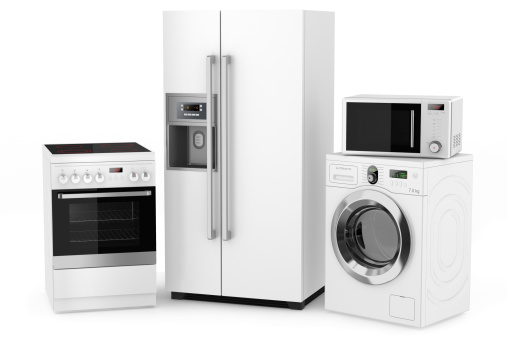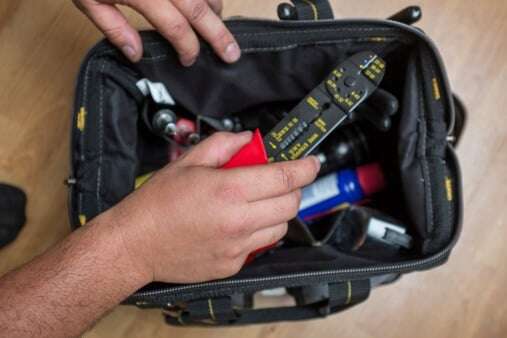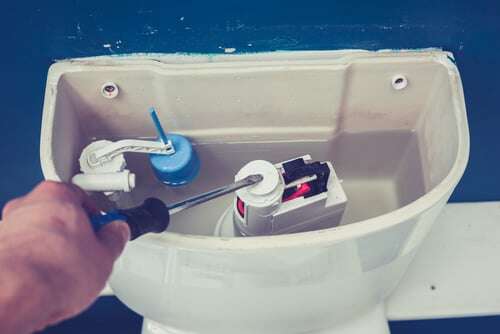 Take us at our word at Experts In Your Home: We cringe along with our customers when we see an appliance repair job adding up, especially when the repair could have been avoided.
Take us at our word at Experts In Your Home: We cringe along with our customers when we see an appliance repair job adding up, especially when the repair could have been avoided.
We truly want to spare you the stress and expense of electrical repairs as much as humanly possible. Because while every kitchen appliance has a lifespan, preventing electrical repairs – and keeping your appliances in tip-top shape — is probably simpler than you think.
As with all devices that draw electrical power, dirt is their foremost enemy. Dirt can interfere with the smooth operation of your refrigerator, stove, oven and dishwasher and trigger stalls and breakdowns that can sometimes trigger other problems. To prevent electrical repairs to your kitchen appliances, take a proactive stance.
The refrigerator
There are three parts of your refrigerator that will “pay you back" handsomely if you neglect them. The first? The condenser coils, which form the bottom panel of your refrigerator. Keep them free of dirt, crumbs, pet hair and other debris that naturally congregate along your kitchen floor because obstructions on the coils will place stress on the refrigerator's inner components, especially the compressor. (A new one can cost about $500 while a new fan can cost about $100). Wipe the coils regularly, and vacuum them at least once a week to avoid nasty buildups.
While you're in “cleaning mode,” keep the gaskets along the refrigerator door clean, too, so that the door closes all the way. Pulling hard on a stuck door can jeopardize the gasket while a semi-open door will cause your refrigerator to run harder and possibly trigger a meltdown. Third – and this can be tricky if you're accustomed to a fully stocked refrigerator and freezer – keep the air vents free of direct obstructions to keep a proper amount of airflow going. Again, the risk is triggering a compressor failure.
The stove and oven
It's oh-so-tempting to squirt the knobs on your stove and oven with spray cleaner, but the liquid can seep into the switches and the control panel and cause them to short-circuit (and cause, potentially, hundreds of dollars in repair bills). To prevent such an occurrence, squirt a little spray cleaner on a sponge or paper towel and then wipe off the knobs.
The dishwasher
Of all places, you might think that your dishwasher is a bastion of cleanliness. In fact, the filtering screen traps – and holds – food particles. Keep the water flowing freely – and prevent the dishwasher from overheating – by cleaning out the screen regularly. And, of course, choose the path of least resistance by scraping plates thoroughly before placing them in the dishwasher. To eliminate the debilitating effects of calcium buildup in your dishwasher, fill a cup or bowl with white vinegar, steady it on the top shelf of an otherwise empty dishwasher and run it with hot water.
While your refrigerator, stove, oven and dishwasher are durable and built to last for at least 10 years, they're not indestructible, either. Nor are they immune from the damage that can result when the doors are slammed with full force, jarring and possibly loosening the inner components. While you don't need to treat your appliances with “kid gloves,” you should be in the habit of closing – and not slamming – the doors.
While we always look forward to seeing our customers, electrical repairs to appliances are one of those most preventable service calls of all. Make us scarce – and keep your kitchen appliances free of repair – by being proactive about their care and maintenance each and every day.
Get you FREE Guide to electrical jobs you shouldn't DIY here:
Related Articles:
Smart Ways to Save on Electrical Repairs
Questions to Ask When Getting Quotes for Electrical Repairs








